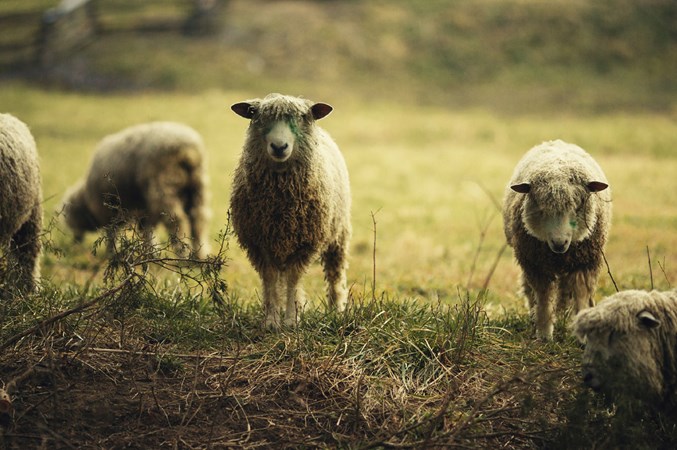Published 10/8/2021
Researchers and entrepreneurs throughout the world, including in the United States, are attempting to commercially farm octopuses in intensive systems akin to the factory farming of land-based animals. Today, Compassion in World Farming launched a report underpinning the environmental and ethical concerns of factory farming these uniquely intelligent creatures.
Scientific consensus agrees that octopuses possess a consciousness that rivals that of mammals and birds. Inquisitive, playful, and resourceful, octopuses have been shown to plan, remember, reason and even get bored. Individuals have their own personalities, and they are part of the less than 1% of animals who use tools—grabbing and carrying objects like shells, rocks, and coconut halves to prepare for ambushing prey or avoiding predators.
The report, Octopus Factory Farming – A Recipe For Disaster, highlights several reasons why octopuses are poor candidates for factory farming, such as:
- Mass production environments would be unable to provide the high levels of cognitive stimulation octopuses require, which they normally get from their highly complex and variable ocean habitats in the wild.
- Octopuses can be aggressive and cannibalistic when crowded together, meaning they would either suffer in high stocking densities or be cramped and frustrated in small individual cages or tanks. Octopus aquaculture has a mortality rate of 20% or more due to cannibalism and other factors such as changes in salinity or temperature, and injuries can occur from crashing into tank walls.
- To date, there is no validated humane slaughter method and no significant welfare legislation protecting them.
- Since octopuses are carnivores, sourcing feed like fishmeal and fish oil would place more pressure on wild fish stocks instead of less.
In 2017, the Kanaloa Octopus Farm on the Big Island of Hawai’i became the first commercial octopus farm in the United States. To date, the farm takes animals directly from the wild and has been unsuccessful in finding a way to reliably raise octopus larvae in captivity. In addition, the farm keeps the animals in containers the size of a slop sink, devoid of any enrichments, and charges visitors to pet and feed them as an extra source of revenue.
Compassion is calling on Hawai’i’s Governor David Ige to withdraw financial support from the Kanaloa Octopus Farm, which is located in the state-sponsored Hawai’i Ocean Science and Technology Park research campus, and to place a moratorium on future octopus farming in the state.
Please share our new report and help spread the word about why these amazing animals should not be factory farmed.

